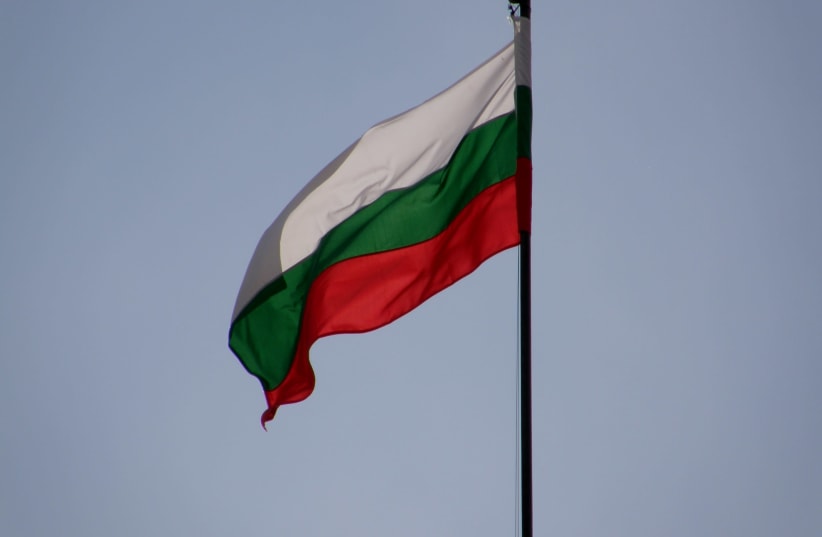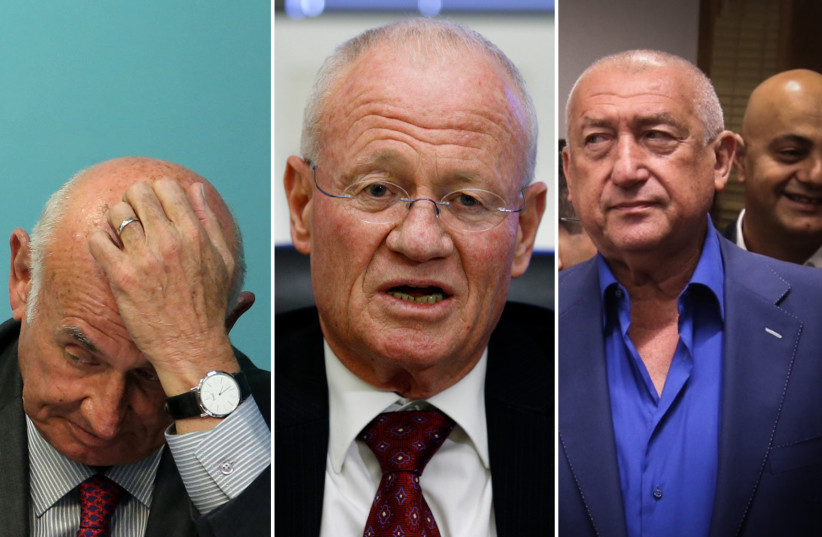Former Shin Bet chief and minister Yaakov Peri, former Mossad head Danny Yatom and tycoon Gad Zeevi tried to con the Bulgarian government by arranging an expensive arms deal between the Congo and Bulgaria and then seizing the funds, according to the Israeli financial newspaper Globes.
The case began in 1979 when Zeevi acquired shares in Bulgaria's national airline. The deal did not go as planned and both sides began legal battles over who was to blame. In 2006, an international arbitration panel ruled in favor of Zeevi, ordering Bulgaria to pay him over $10 million. Bulgaria refused to comply with the ruling.
In 2007, the Jerusalem District Court put a lien on Bulgarian assets in order to get the funds owed to Zeevi, according to Globes. Due to the political sensitivity of the issue, the attorney general became involved and asked for the liens to be removed.
Eventually, the Supreme Court ruled partially in the attorney general's favor, removing the liens from the Bulgarian Embassy's vehicles and bank accounts.
Zeevi then decided to approach the CGI Group, of which Peri is president. Naveh was Peri's business partner.
The three developed a plan in which the Republic of the Congo would order $60 million in weapons from the Bulgarian government and the funds would be channeled through Israel so Zeevi could seize them.
In February 2019, Zeevi and CGI signed a memorandum of understanding in which CGI stated that it would implement the purchase of military equipment between the Congolese and Bulgarian governments.
The MoU stated that the trustee in the deal would be someone referred to as "D." The document did not specify who this "D" was, but the Congolese were meant to pay the proceeds for the purchase to an escrow account held by him.
Zeevi and CGI planned to file a seizure request for the funds once they entered the account belonging to "D," with CHI receiving 15% of the net amount received by Zeevi holdings, as well as hundreds of thousands of shekels in advance fees.
After signing the MoU, Zeevi told Naveh that the "D" mentioned in the document was former Mossad chief Yatom, according to Globes.
In the end, the Congolese did not complete the order for the military equipment and the deal fell through. However, this failure launched a dispute between Zeevi and CGI, with Zeevi demanding his advance payments in return and CHI claiming that Yatom was responsible for the deal falling through and demanding NIS 15 million from Zeevi.
Both sides threatened to bring the matter to court, but the threats were never carried out. In response to questions about the case, Yatom told Globes that "I don’t want to relate to the matter, I’ll just say that nothing came of it."
Zeevi told the financial newspaper "Nothing. You won’t receive any comment."
Not Zeevi's first involvement in controversial cases
This isn't the first time that Zeevi has been the center of legal intrigue.
In 2001, Zeevi was arrested for allegedly using fraudulent corporate documents to hide his involvement in the 1999 purchase of 19.6 percent of Bezeq from Cable and Wireless for $632,000.
Zeevi was acquitted in the case in October 2015.
Zeevi was also indicted in 2007 on charges of conspiring to approve a decision to grant himself a monthly salary of $10,000 without obtaining the legally required support from stakeholders. Zeevi was acquitted in that case in 2011.

